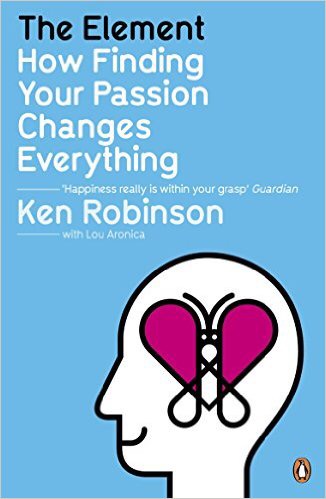
If you want some help thinking about the answers to those questions, I highly recommend you read Sapiens: A Brief History of Humankind by Yuval Noah Harari.
This book is brilliant! It’s packed with information (much of it new to me) but written in a witty, stimulating and totally accessible style. The whole time I was reading it I kept wishing I could sit in on one of Harari’s lectures!
One of my favourite sections comes early in the book (though you should absolutely read the whole thing). It’s Chapter Two: The Tree of Knowledge, in which Harari discusses the impact of language (for the purpose of “gossiping” about each other!) on our development as a species and explores the idea that we are bound together in our various groups (locally and globally) by our “collective imaginations” — our shared beliefs in myths and stories (or, as described in academia, ‘fictions’, ‘social constructs’ and ‘imagined realities’).
“Unlike lying, an imagined reality is something that everyone believes in, and as long as this communal belief persits, the imagined reality exerts force in the world. […] Most millionaires sincerely believe in the existence of money and limited liability companies. Most human-rights activists sincerely believe in the existence of human rights. […]
Ever since the Cognitive Revolution, Sapiens have thus been living in a dual reality. On the one hand, the objective reality of rivers, trees and lions; and on the other hand, the imagined reality of gods, nations and corporations. As times went by, the imagined reality became ever more powerful, so that today the very survival of rivers, trees and lions depends on the grace of imagined entities such as the United States and Google.”
Another favourite section is Chapter Seven: Memory Overload, which explores the development of written systems of communication. Read it to find out why Harari says…
“Writing was born as the maidservant of human consciousness, but is increasingly becoming its master.”
Sapiens is broad in its coverage (mathematics, anthropology, religion, psychology, evolution, geography, happiness and science, are just a few of the topics covered), and sweeping in many of its assessments, but that’s all it can be if it is to cover the whole history of humankind. It’s a well written, provocative and thoroughly engaging introduction to the study of human history. While it may not be the full meal, there is more than enough food for thought in this fascinating book to keep you from feeling a single hunger pang!
Have you read it? What do you think?

